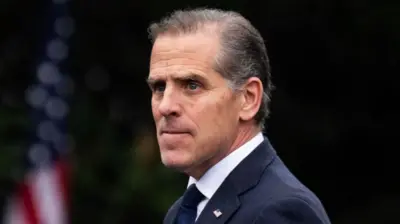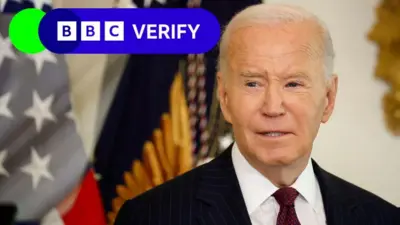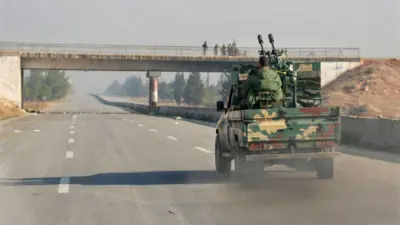We've updated our Privacy and Cookies Policy
We've made some important changes to our Privacy and Cookies Policy and we want you to know what this means for you and your data.
Starbucks and Fiat Chrysler tax deals 'illegal'
Top Stories
Starbucks and Fiat Chrysler have been told they must pay back up to โฌ30m (ยฃ22m) in taxes after European tax breaks were ruled illegal.
Sweetheart deals Starbucks had with the Netherlands and Fiat had with Luxembourg were state aid, European competition commissioner Margrethe Vestager said.
But the two countries disagreed with the Commission.
And Starbucks said it would appeal against the decision.
Top Stories
Further investigations into tax deals, including those covering Amazon and Apple, are continuing.
'Fair share'
Top Stories
"Tax rulings that artificially reduce a company's tax burden are not in line with EU state aid rules. They are illegal. I hope that, with today's decisions, this message will be heard by member state governments and companies alike," Ms Vestager said.
"All companies, big or small, multinational or not, should pay their fair share of tax," she added.
Although "comfort letters" or tax rulings by governments are legal, the arrangements with Starbucks and Fiat Chrysler "do not reflect economic reality", the Commission said.
In particular, it said the firms used so-called "transfer pricing arrangements" between subsidiaries that let Starbucks shift profits abroad, and Fiat pay taxes on "underestimated profits".
The Commission said taxable profits for Fiat's Luxembourg unit could have been 20 times higher under normal market conditions.
"Our decisions today show that artificial and complex methods endorsed by tax rulings cannot mask the actual profits of a company, which must be properly and fully taxed," .
Fiat's Luxembourg unit paid "not even" โฌ400,000 in corporate tax last year and Starbucks' Dutch subsidiary less than โฌ600,000, she added.
Fiat's Luxembourg deal, which was brokered in 2012, was made when current European Commission chief Jean-Claude Juncker was prime minister of the country.
Mr Juncker came under pressure last year over claims that about 340 global companies were granted tax avoidance deals during his 18-year tenure in Luxembourg.
'Errors' in decision
The Dutch government said it was "surprised" by the decision and that it was convinced its arrangement with Starbucks was in line with international standards.
A Starbucks spokesman said: "Starbucks shares the concerns expressed by the Netherlands government that there are significant errors in the decision, and we plan to appeal, since we followed the Dutch and OECD rules available to anyone."
The Luxembourg Ministry of Finance said the Commission had "used unprecedented criteria in establishing the alleged state aid".
"Luxembourg disagrees with the conclusions reached by the European Commission in the Fiat Finance and Trade case and reserves all its rights," it said.
The country "will use appropriate due diligence to analyse the decision of the Commission as well as its legal rationale," it added.
Fiat Chrysler denied receiving any illegal state aid from Luxembourg.
'Tip of the iceberg'
Poverty campaign organisation ActionAid said today's ruling was "just the tip of the iceberg when it comes to corporate tax breaks".
"ActionAid estimates that developing countries lose at least $138bn per year to special tax breaks," said Anders Dahlbeck, ActionAid's tax justice policy adviser.
"These sweetheart deals in Europe and developing countries are part of a race to the bottom on tax which hits the poorest hardest and leaves healthcare, schools and other key public services starved of resources," he said.
Top Stories
More to explore
Most read
Content is not available








